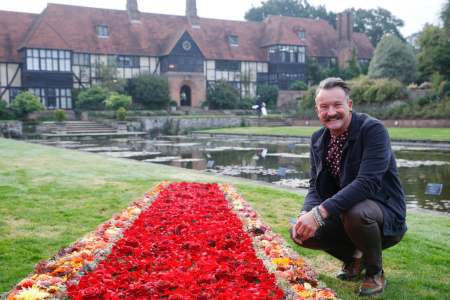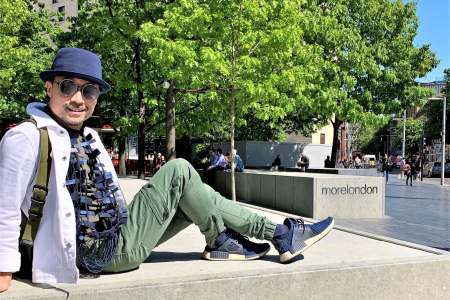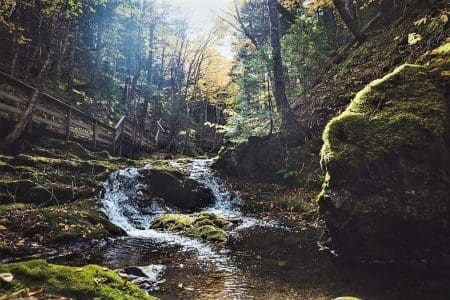In the first of a series of articles in association with Atlantic Canada, entitled Atlantic Canada Voices, Travel Begins at 40’s Mark Bibby Jackson talks with Lori McCarthy, the founder of Cod Sounds, a home grown culinary excursion company, created to introduce visitors to a way of life not yet lost in Newfoundland and Labrador.
How did you come to establish Cod Sounds?
I actually used to be a chef but took a break when I had my children. It was when my daughter was young that I started to watch what was happening in the food industry. I noticed a trend of people wanting to know where their food came from rather than just going to a restaurant and eating it. So, initially I got in touch with local restaurants and that’s how it all started. Newfoundland and Labrador’s culture and harvesting goes back centuries and I wanted to share this with others so that they can experience the province as locals do. I established Cod Sounds with the aim to show others what I loved to do growing up.
How does food interrelate with sustainable tourism?
Making tourism sustainable in terms of how it effects the environment in food has always been a part of what I do and share with others. When I lead experiences, every touch point is sustainable in some way or another, whether it is the fish, bread or even seaweed they taste. For me, it’s all about maintaining a culture and defining what makes it sustainable today. I try to look at the past, present and future. Today, foraging and harvesting are key to sustainable tourism, but the question is, can we continue to harvest sustainably? For me, it’s so important to pass on the knowledge from generations and have those wider conversations about maintaining sustainable food within our culture.
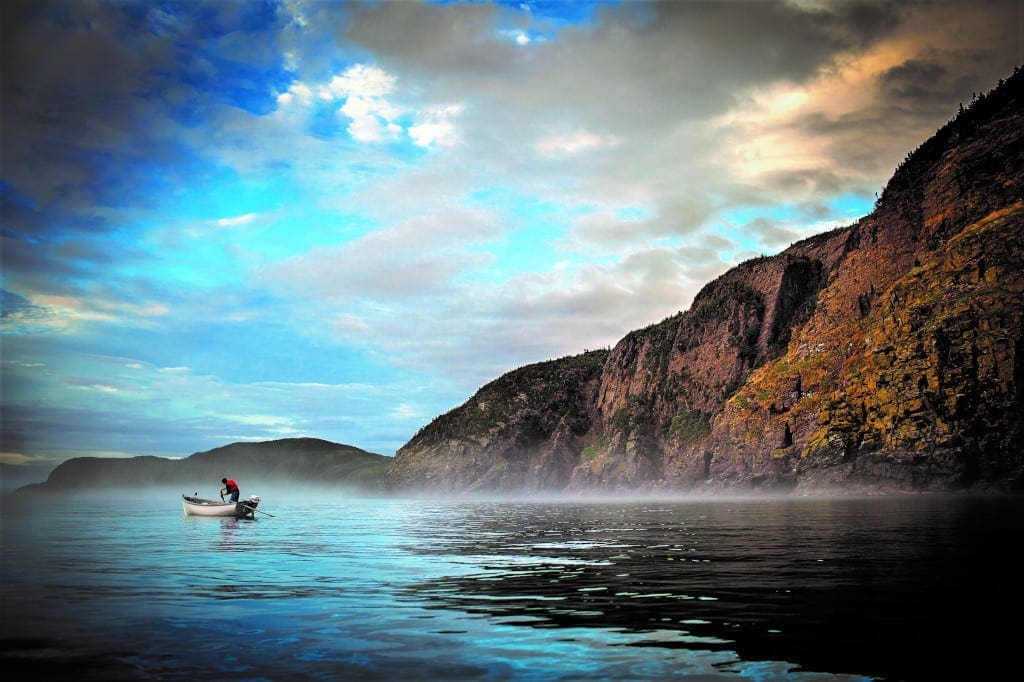
What is special about the cultural foods of Newfoundland and Labrador?
I’m originally from Newfoundland and Labrador so it’s important to me as it’s part of my childhood and the stories I was told growing up. It’s still very much part of living and tangible culture here. When I share these foods with my guests, it’s not just about their history but more about telling the story behind them and how we can still eat them today. We have an incredible diversity of cultural foods in Newfoundland and Labrador thanks to the climate, as certain foods can only be harvested here.
How do you select the local food, the food experiences and workshops at Cape Sounds?
The food I select is mostly based on seasonality and availability. I have created a number of different experiences over the years which are based on what I want people to experience and appreciate more. I want to inspire people and teach them to pay more attention to their own backyard and surroundings and really get people talking about plant life and the culture.
Continuing our Atlantic Canada Voices, read about Sustainability in Fundy National Park of Canada.
What activities do you arrange at Cod Sounds?
We offer all kinds of hands-on workshops from foraging, cooking and even curing. One of our workshops is called ‘On The Hunt’, where guests will learn snare setting, tracking, field dressing, butchery and cooking.
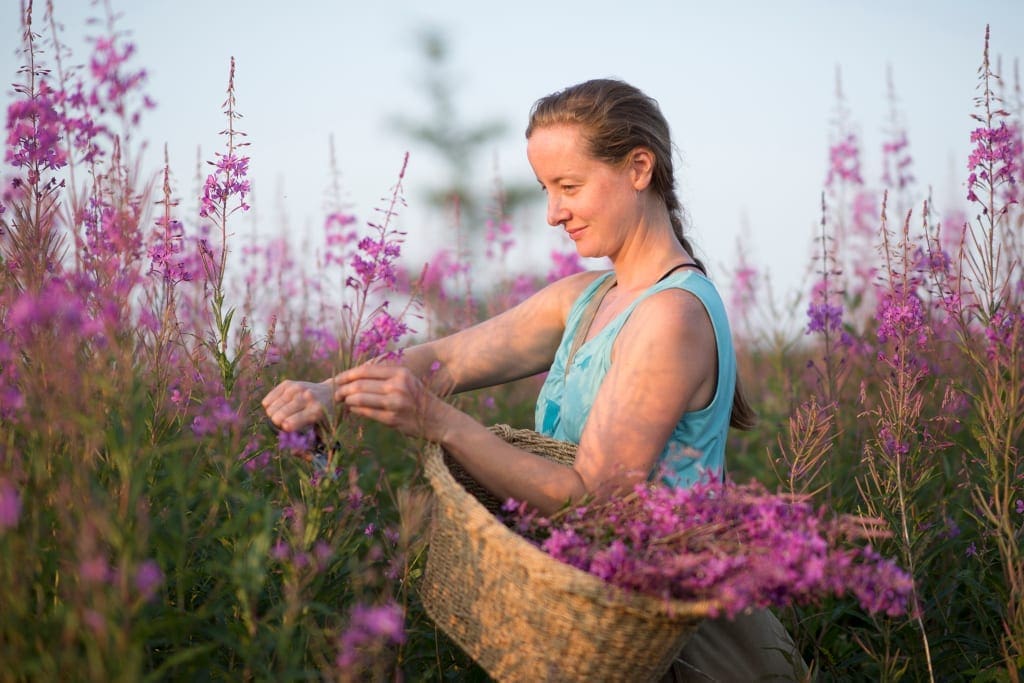
How do travellers get a sense of traditional food and ways of life of local people?
It’s mostly through our storytelling which is told through the food we eat. We aim to give six to eight dishes to our guests which all have different stories to tell. My mum usually comes out with us and tells her stories as well which gives a lovely sense of multi-generation conversations from then to now.
How does travel and tourism benefit the local community, and how has Covid affected this?
Most of Newfoundland and Labrador is rural and full of culture which I want people to experience first-hand from the people that live in the small communities.
During COVID, everything has changed, and tourism has been greatly affected. But when this is over, we’ll still be here. I’m doing everything I can in order to promote the company and share our culture as much as possible. This is through online foraging workshops, conferences and consulting for tourism agencies.
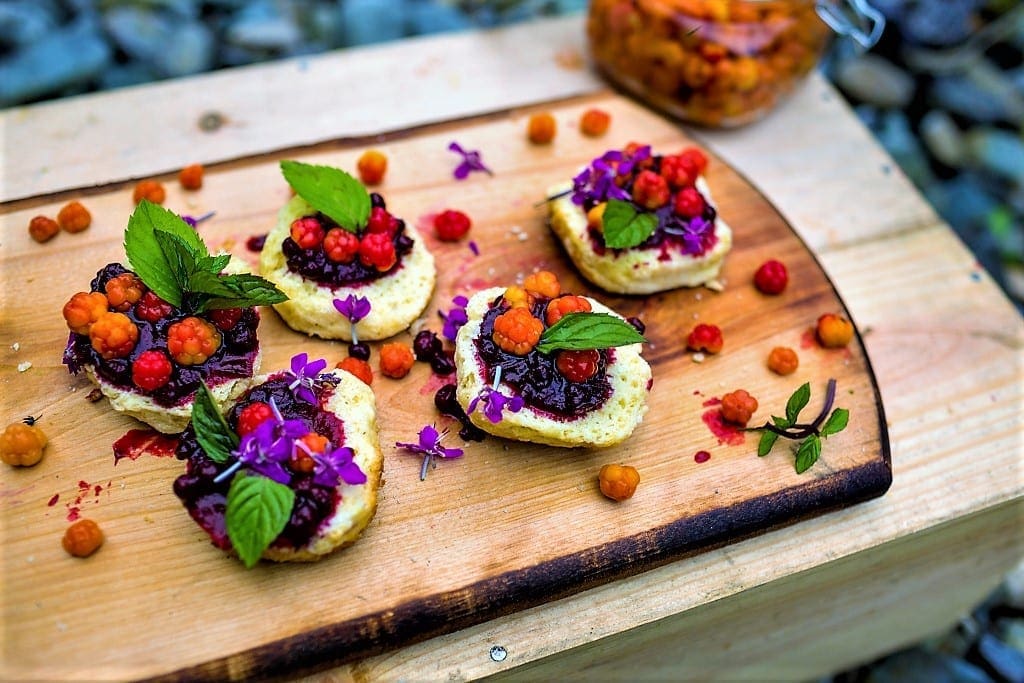
In these times of Covid, what precautions are you taking to help protect visitors?
If I’m honest, I’m in a really great situation. The province has been largely unaffected by COVID because they have very little of it here. When I take people out on experiences, it’s a very intimate and in small groups with a maximum of six. We are out in the woods in wide open spaces so social distancing is very easy for us to stick to. Our food is presented a little different as we take every precaution to ensure it’s safe and clean for guests.
What plans do you have for the future?
I want to try and maintain a lot of my business online. I run a very small business so it’s very easy for me to get booked up. What I have realised from this pandemic is that I am able to get in people’s living rooms around the world to share my stories and generate a real interest in sustainability. I want to continue to do this and educate people around the world on our culture as well as theirs.
For more information about Cod Sounds
Click here, and for Atlantic Canada, visit: www.atlanticcanadaholiday.co.uk.
